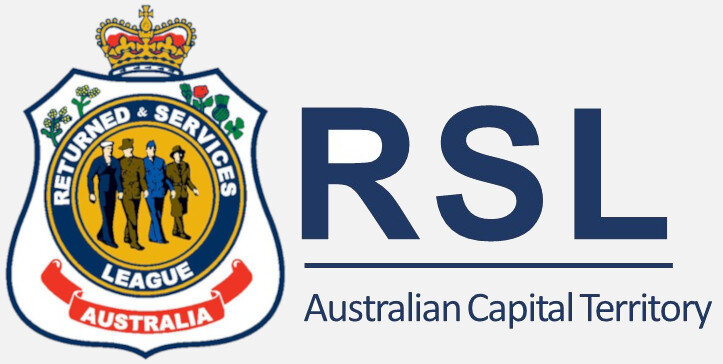Using keywords in your CV
Don’t get lost in the crowd in our increasingly automated world. Use keywords in your CV.
Your CV is often the first impression a potential employer will have of you, so it's essential to make it stand out from the crowd. One way to do this is by using keywords throughout your CV. Keywords are specific terms and phrases that relate to the job you're applying for, and they help to demonstrate your skills and experience.
As a veteran, the first step is to work out which keywords to use. How does your military experience translate into plain language? You can read more about translating military experience for the civilian workforce in this article.
Why Use Keywords in Your CV?
Using keywords in your CV has several benefits:
Get past ATS: Many employers now use applicant tracking systems (ATS) to screen CVs. These systems scan CVs for specific keywords and phrases related to the job description. If your CV doesn't contain enough relevant keywords, it may not even make it to the hiring manager's desk.
Highlight your qualifications: Keywords can help highlight your qualifications and skills. If an employer is looking for someone with experience in a particular area, for example, using relevant keywords can demonstrate that you have the necessary skills and experience.
Improve readability: Using keywords can also help improve the readability of your CV. Employers may be scanning CVs quickly, so using keywords can make it easier for them to identify your key skills and experience.
How to Use Keywords in Your CV
To use keywords effectively in your CV, follow these steps:
Study the job description: Carefully read the job description to identify the keywords and phrases that are most relevant to the role. Pay attention to specific skills, qualifications, and experience that are required for the job.
Use keywords throughout your CV: Use relevant keywords throughout all sections of your CV, including in your personal statement, work experience, and education sections. Avoid overusing keywords, as this can make your CV appear spammy.
Tailor your CV for each job: Tailor your CV for each job you apply for by using different keywords and phrases that are relevant to the role. This will help demonstrate your suitability for the job and improve your chances of being selected for an interview.
Be specific: Use specific keywords and phrases that demonstrate your skills and experience. For example, if you have experience in project management, use keywords such as "project planning," "team management," and "risk assessment."
Use action verbs: Use action verbs to describe your achievements and responsibilities, such as "managed," "developed," and "implemented." These verbs help to demonstrate your active role in your previous work experience and can help make your CV more engaging.
Use keywords in your LinkedIn profile
It’s important to update your LinkedIn profile with keywords, too. This increases the chances of appearing in search results when recruiters or hiring managers use LinkedIn to looking for candidates with those particular skills or experience.
Again, it's important to incorporate keywords throughout your profile, including your headline, summary, and experience sections. However, make sure to use them naturally and not to overdo it, as stuffing your profile with keywords can come across as spammy and unprofessional. Read more tips from LinkedIn here.
By optimising your LinkedIn profile with relevant keywords, you can increase your chances of getting noticed and landing your dream job. And if you’re wondering if you really need a LinkedIn profile, we reckon you do. Read this article to find out why.
Examples of keywords in a veteran's CV
When creating a CV as a veteran, it's important to include keywords that relate to your military experience as well as your desired civilian career. Here are some examples of keywords that could be used in a veteran's CV:
Leadership: Highlight your experience in leading teams, managing projects, and making decisions under pressure.
Technical Skills: Mention any technical or ‘hard’ skills you gained during your military service such as proficiency in specific software or equipment.
Security Clearance: If you hold a security clearance, make sure to include that in your CV as it's a valuable asset to many employers.
Adaptability: Discuss your ability to adapt to new situations, environments, and challenges.
Teamwork: Emphasise your experience working as a team member and collaborating with others towards a common goal.
Training and Development: Mention any specialised training or certifications you've received during your military service that relate to your desired civilian career.
Communication: Highlight your ability to communicate effectively, both verbally and in writing.
Attention to Detail: Discuss your attention to detail and your ability to follow standard operating procedures.
Project Management: Showcase your experience in planning, executing, and managing projects, including budgets and timelines.
Resilience: Emphasise your ability to overcome adversity and bounce back from setbacks.
In identifying the keywords you should use in your CV, it’s helpful to understand the difference between hard and soft skills. We explain all in this article.
Reach out to the RSL Veterans’ Employment Program
Need a hand adding keywords to your CV? Reach out to the RSL Veterans’ Employment Program today. Our career coaches provide free, one-on-one guidance to veterans, their partners, and their immediate family members.
Want to see more content like this? Check out all our employment articles here.


